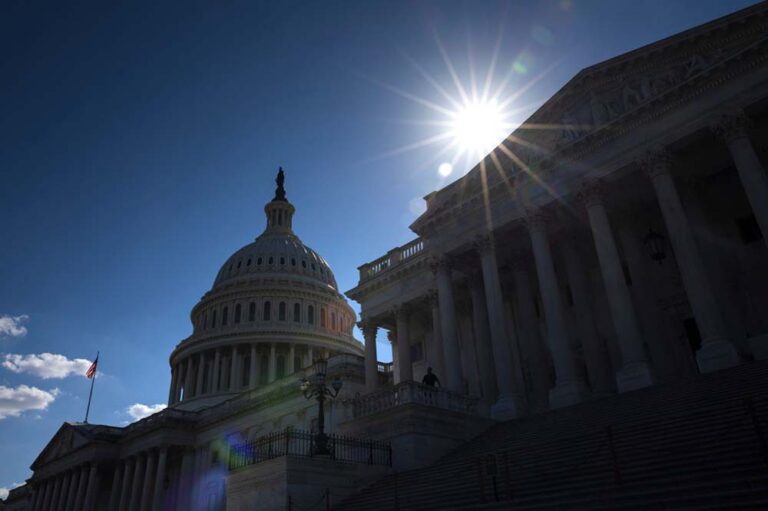The good news about our nation’s fiscal challenges is that finding legislative solutions is entirely within the power of our elected officials. As lawmakers consider proposals, it is critically important to understand their fiscal and economic impact. Responsible, fiscally sustainable legislation should prioritize the needs of the nation while ensuring a strong fiscal foundation that is the basis for widely shared economic growth and prosperity. Through the legislative and budgetary process, lawmakers have a critical opportunity to build a brighter future for the next generation.
Tools for Exploring Policy Options
This page will highlight the active conversations among policymakers about new proposals that affect our nation’s fiscal and economic outlook. In addition, there are a number of interactive tools that allow you to design your own policy solutions and measure their impact.
The Solutions Initiative
The Peter G. Peterson Foundation’s Solutions Initiative brings together leading policy organizations from across the political spectrum to develop plans to achieve long-term fiscal sustainability. The 2024 Solutions Initiative showcased seven comprehensive plans to put America on a stronger, more sustainable fiscal path, allowing readers to explore, compare and contrast different approaches to our debt.
The Fiscal Ship
The Fiscal Ship, developed by the Hutchins Center at the Brookings Institution and the Wilson Center, makes the federal budget more accessible and engaging by challenging players to put the budget — the ship, as it were — on a sustainable course. Brookings has developed a teaching tool for using the game in classrooms, and the Council for Economic Education has developed a module for using the Fiscal Ship in the context of analyzing political platforms.
The Debt Fixer
The Committee for a Responsible Federal Budget developed the Debt Fixer, an interactive tool to demonstrate the budget trade-offs and decisions involved in stabilizing debt as a share of GDP. How would you handle the nation’s finances if you were in charge?
The Reformer
The Reformer, developed by the Committee for a Responsible Federal Budget, is an interactive tool focused on solutions to fix Social Security. The Reformer allows users to choose from a number of options to modify Social Security tax and benefit levels in order to close the program’s 75-year shortfall and keep it sustainable for future generations.
Federal Balancing Act: An Interactive Budget Simulation
The Federal Balancing Act is a free interactive online tool shows the long-term impacts of today’s policy choices. Simulation users can increase or decrease federal spending and revenue across several budget categories — from veterans’ benefits to taxes on corporate profits — to see both the immediate budget impact and the projected impact 25 years out. With additional information offered throughout, the simulation builds understanding and promotes constructive conversations on our fiscal outlook.
Additional Resources for Exploring Policy Options:
- Congressional Budget Office, Options for Reducing the Deficit, 2023 to 2032 — Volume I: Larger Reductions
- Congressional Budget Office, Options for Reducing the Deficit, 2023 to 2032 — Volume II: Smaller Reductions
